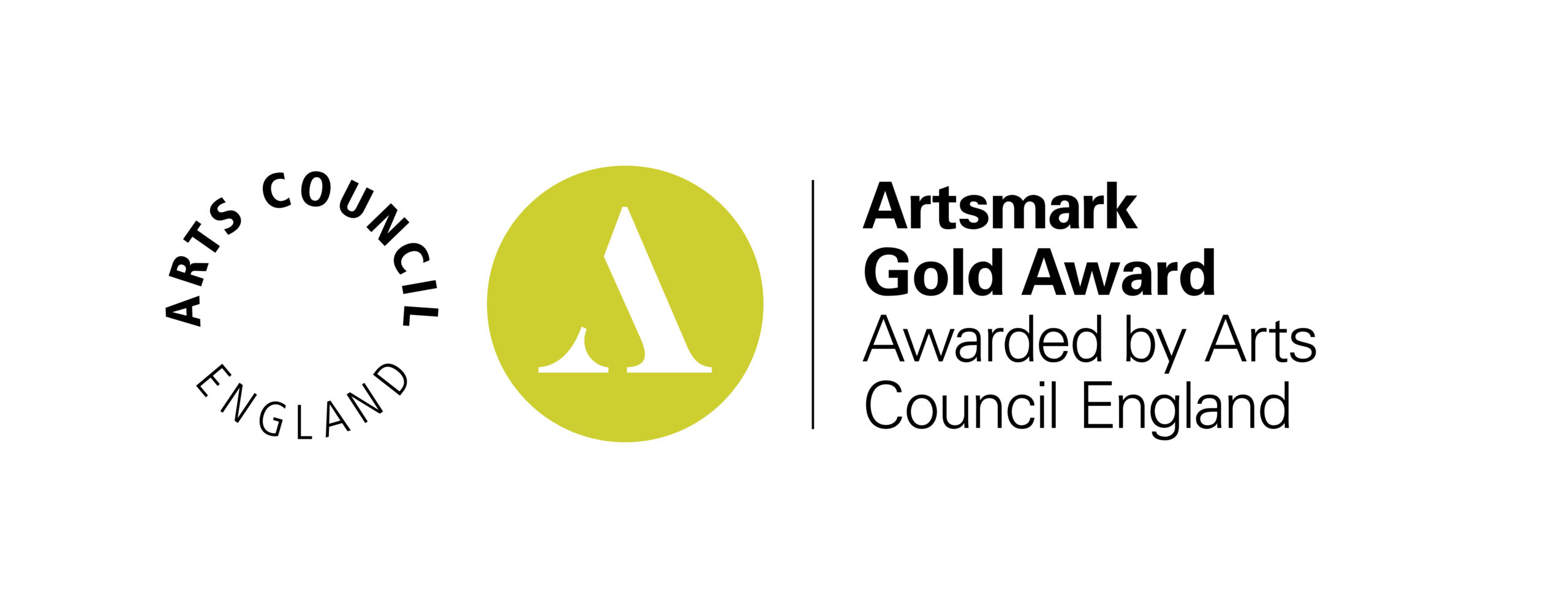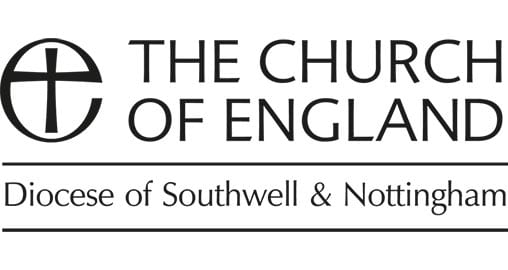Curriculum intent
Our lessons are delivered to reflect the objectives of Queen Elizabeth’s Academy knowledge-rich curriculum ensuring its intent is specific so that content is clearly stated and delivered in varied ways, across different timeframes and allocations to be appropriate to student age related needs, capabilities, interests and aspirations. The curriculum is designed to promote interest and a love of music informing both current and future subject study. Its design supports students’ ability to read the subject developing their subject comprehension, knowledge, vocabulary and ways of thinking.
The curriculums introductory design constantly seeks to prepare and encourage students to access further studies relevant to students’ current and future lives, experiences and aspirations.
Our year 7 to 9 curriculum ensures content is suitably demanding, well sequenced and regularly revisited to coherently balance breadth and depth of study. We aim to make the learning of music meaningful for learners so that all students can enjoy the study of music and be encouraged to study further study.




